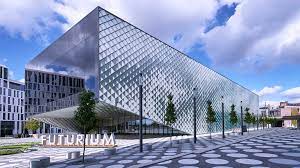
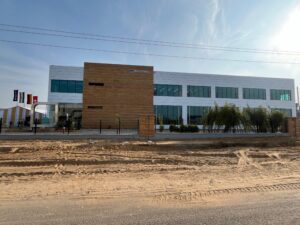
Introduction A building’s facade is its defining feature, often the first aspect noticed by passersby. But what exactly does the term “facade” entail? In this article, we’ll delve into the intricacies of facades, exploring their significance, types, materials, benefits, challenges, and more.
Defining Facade
The facade of a structure refers to its exterior facing, encompassing walls, windows, doors, and architectural elements. It serves as the interface between the building’s interior and the outside world, playing a pivotal role in both functionality and aesthetics.
Understanding Facade
A facade is more than just a superficial covering; it’s a crucial component of building design. Not only does it provide protection against environmental elements, but it also contributes to the overall character and identity of a structure.
Importance of Facade
The importance of a well-designed facade cannot be overstated. It serves as the public face of a building, conveying its purpose, style, and identity. Moreover, it influences factors such as energy efficiency, occupant comfort, and structural integrity.
Types :
Facades come in various forms, each reflecting different architectural styles and construction techniques.
Traditional:
Traditional facades often feature ornate details and classical elements, showcasing craftsmanship and heritage. These facades evoke a sense of history and tradition, adding character to streetscapes and cityscapes alike.
Modern Facades
In contrast, modern facades prioritize simplicity, functionality, and innovation. Characterized by clean lines, geometric shapes, and minimalist aesthetics, modern facades embrace contemporary design principles while integrating advanced materials and technologies.
Materials Used in Facades
The choice of materials plays a significant role in facade design, influencing not only aesthetics but also performance and durability.
Common Materials
Common materials used in facades include brick, stone, concrete, and glass. These materials offer durability, versatility, and aesthetic appeal, allowing architects to create diverse and dynamic facades.
Innovative Materials
In recent years, advancements in material science have led to the emergence of innovative facade materials such as photovoltaic glass, ETFE membranes, and self-healing coatings. These materials offer enhanced performance, sustainability, and architectural possibilities.
Benefits of Facades
Facades offer a myriad of benefits, ranging from improved energy efficiency to enhanced visual appeal.
Energy Efficiency
Well-designed facades can significantly reduce energy consumption by optimizing insulation, daylighting, and ventilation. By minimizing heat gain and loss, they contribute to a more comfortable indoor environment while lowering operational costs.
Aesthetic Appeal
Beyond functionality, facades play a vital role in shaping the visual identity of buildings and landscapes. Whether classic or contemporary, a carefully crafted facade can elevate the overall aesthetic quality of a structure, creating memorable and impactful architectural experiences.
Challenges and Solutions
Despite their numerous benefits, facades also present challenges in terms of maintenance, sustainability, and resilience.
Maintenance Challenges
Maintaining facades can be a daunting task, requiring regular inspections, repairs, and cleaning to preserve their integrity and appearance. Weathering, pollution, and wear-and-tear pose ongoing challenges, necessitating proactive maintenance strategies.
Sustainable Solutions
To address environmental concerns, architects and engineers are exploring sustainable facade solutions such as green roofs, living walls, and passive design strategies. These innovative approaches not only enhance energy performance but also promote biodiversity and urban resilience.
Case Studies
To illustrate the principles discussed above, let’s examine some notable examples of facade design from around the world.
Iconic Facade Examples
- Sydney Opera House: Renowned for its distinctive sail-like shells, the Sydney Opera House boasts a timeless facade that has become an architectural icon.
- Burj Khalifa: The world’s tallest building, the Burj Khalifa features a sleek and futuristic facade adorned with reflective glass panels, setting new standards for skyscraper design.
FAQ’s
What are the different types of facade? There are various types of facades, including traditional, modern, curtain wall, and ventilated facades, each with its own design characteristics and construction methods.
How do facades contribute to energy efficiency? Facades play a critical role in energy efficiency by providing insulation, controlling solar gain, and maximizing natural light, reducing the need for artificial heating, cooling, and lighting.
What maintenance issues do facades face? Facades are susceptible to a range of maintenance issues, including weathering, corrosion, pollution, and structural deterioration, which require regular inspection and upkeep to prevent damage and ensure longevity.
Are there eco-friendly facade options available? Yes, there are several eco-friendly facade options available, such as green facades, living walls, and sustainable materials like recycled glass, reclaimed wood, and bio-based composites, which minimize environmental impact and promote sustainability.
Can facades improve building longevity? Yes, well-designed facades can significantly enhance building longevity by protecting against moisture ingress, thermal fluctuations, and structural degradation, thus extending the lifespan of the structure.
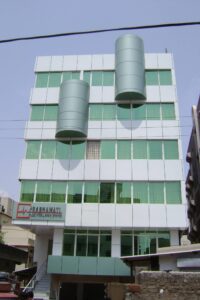
Conclusion
In conclusion, facades are integral to the design, performance, and identity of buildings. By understanding the various aspects of facade design, materials, benefits, and challenges, architects and designers can create innovative and sustainable solutions that enhance both the built environment and the quality of life.
For your Requirement : http://www.nawinfratech.com
For More information on Glass : https://windowsglassrgi.com/wp-admin/post.php?post=544&action=edit
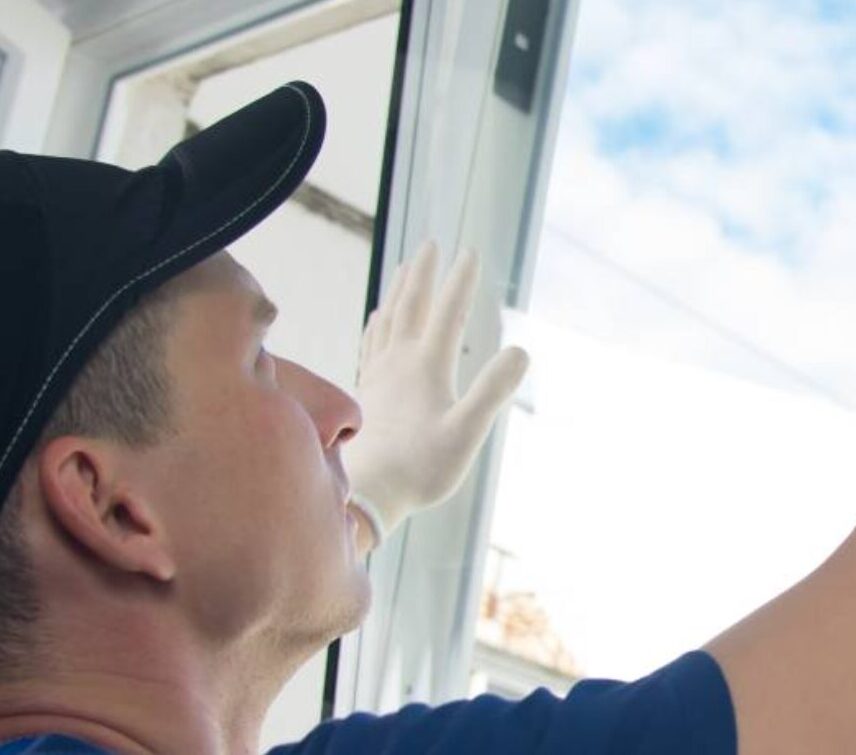
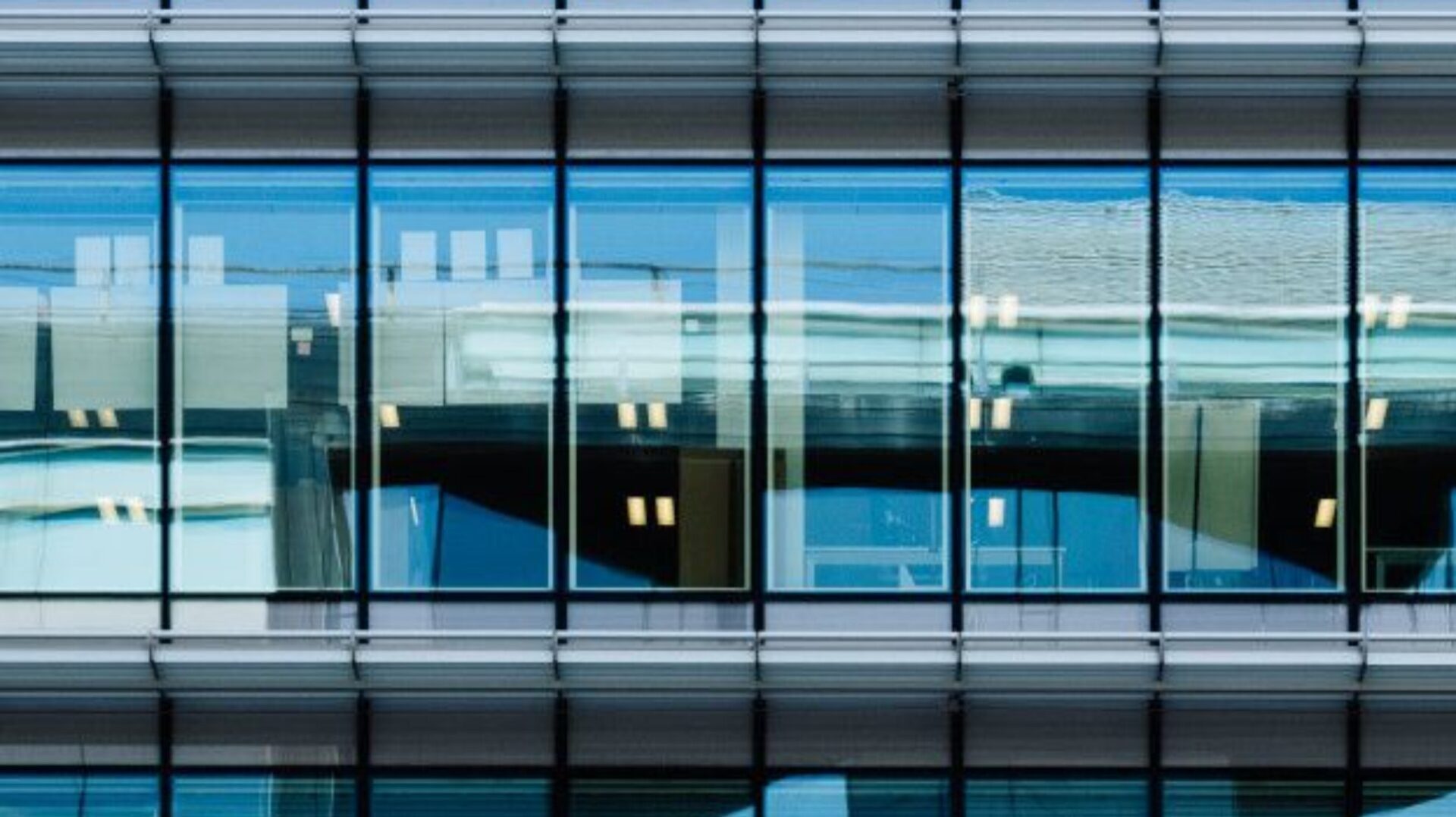
Dear Sir,
We can write article for your blog for a very nominal fees. Waiting for your revert.
Thanks